In recent years, food companies have created products that go beyond taste and convenience and also offer functionality and health benefits. Now, beverages are starting to offer the same advantages. These beverages are categorized in the industry as “fusion beverages,” and offer consumers more than just a way to quench their thirst.
One such fusion beverage is high-protein iced tea – a functional, refreshing beverage that has the potential to be the next big beverage trend. According to Arla Foods Ingredients, a Denmark-based dairy supplier, the market for these types of beverages is projected to be worth $819 million by 2024 in the US alone.
Driven by numerous factors, the fusion beverage trend can be attributed to a growing consumer focus on health and sustainability as well as the emergence of innovative and highly functional proteins that can be added to beverages.
Decreased demand for soft drinks and other sugary beverages has increased the demand for functional, fortified beverages as consumers are becoming more health conscious. To keep up with this demand, some companies are finding ways to create fusion beverages and reformulate traditional ones.
Alone, iced tea contains antioxidant properties, making it a popular choice for those seeking a healthy drink. But Arla Foods Ingredients found a way to take the long-time favorite drink and enhance it with whey protein to boost its nutritional value, crafting a high-protein iced tea to tap into the functional beverages market.
As an ingredient, whey protein comes with some challenges. It’s not as simple as adding protein powder to iced tea, otherwise everyone would be doing it. In order to make a protein-enriched drink and preserve the refreshing taste of iced tea, Arla offers a few different whey protein isolates (WPI) to add to beverages with different flavor profiles.
Touted by the company as the first 100 percent WPI ingredient on the market that doesn’t taste like protein, Arla launched its “Lacprodan ISO.Water” last year. It was designed specifically for clear protein beverages and does not leave consumers with a chalky or dry sensation in the mouth.
This is where iced tea comes in. Since many consumers prefer beverages that are natural and sugar-free, high-protein iced tea would allow manufacturers to add value to the popular beverage without compromising the taste.
Traditionally, high-protein drinks or powders have been popular in the sports beverage sector. But the lines between commonly-consumed drinks — like smoothies, coffees and teas — and sports drinks are blurring. Denver-based Ascent Protein, for example, markets a range of high-protein sports beverages, including a pre-workout drink mix with 150 mg of caffeine from concentrated coffee fruit extract.
Beverages marketed with nutritional and/or recovery claims have an obvious appeal for active consumers. But they are gaining appeal with the mainstream consumer segment as well, expanding to include people at all stages of life. Middle-aged and ageing consumers are especially interested in the health benefits of functional protein beverages as their bodies are less efficient at using protein to maintain muscle mass.
As the category grows, new technologies and innovative ingredients will continue to move fusion beverages beyond just classic protein powder mixes and the pervasive protein shake. For now, WPI ingredients allow companies to create high-protein drinks that aren’t limited to iced teas.

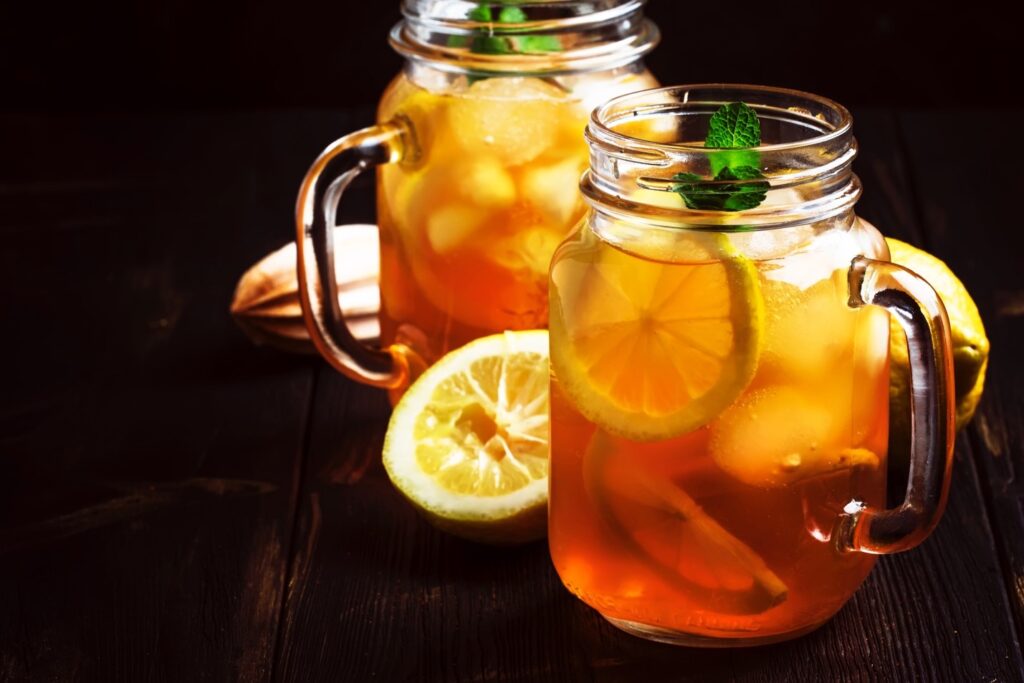
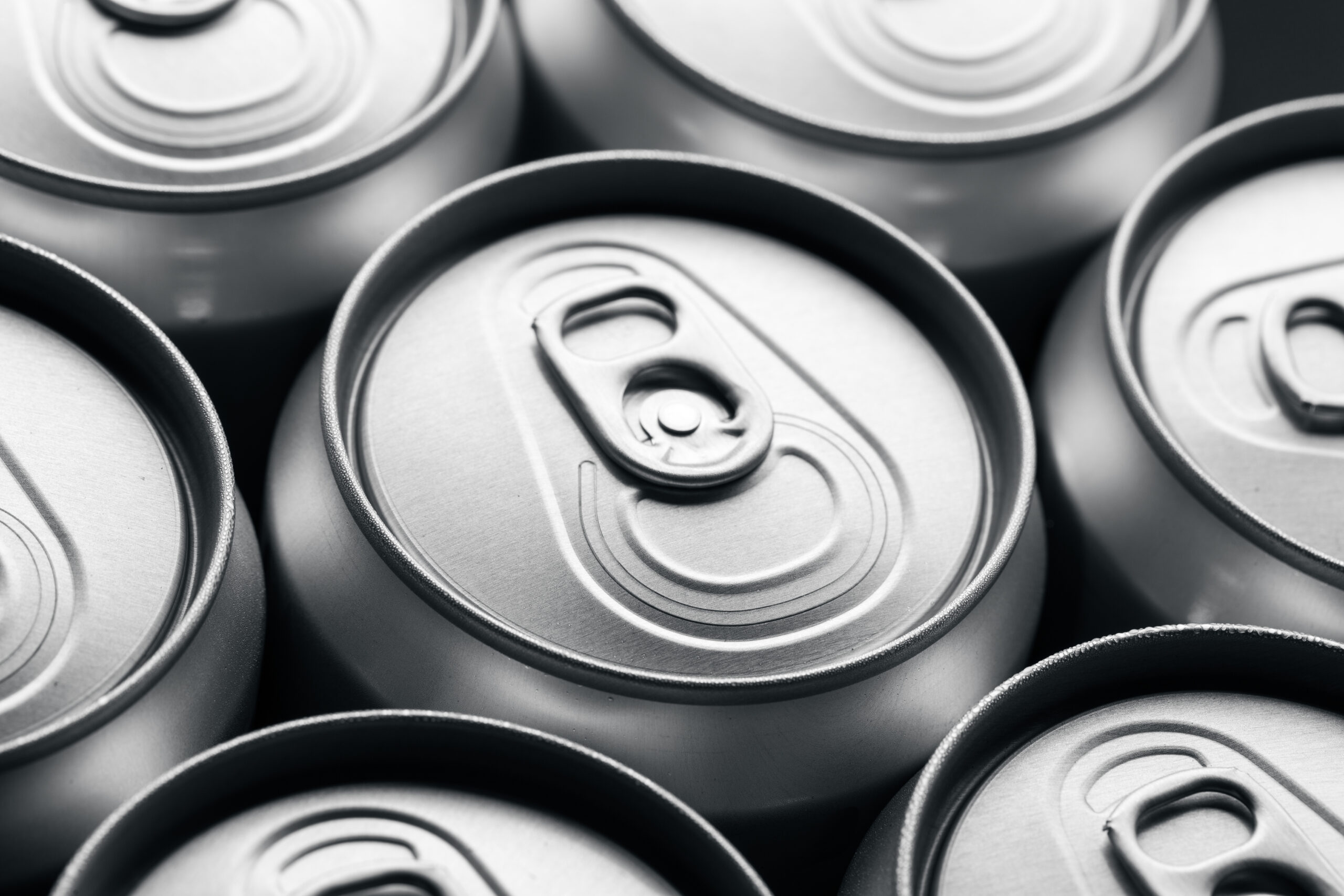
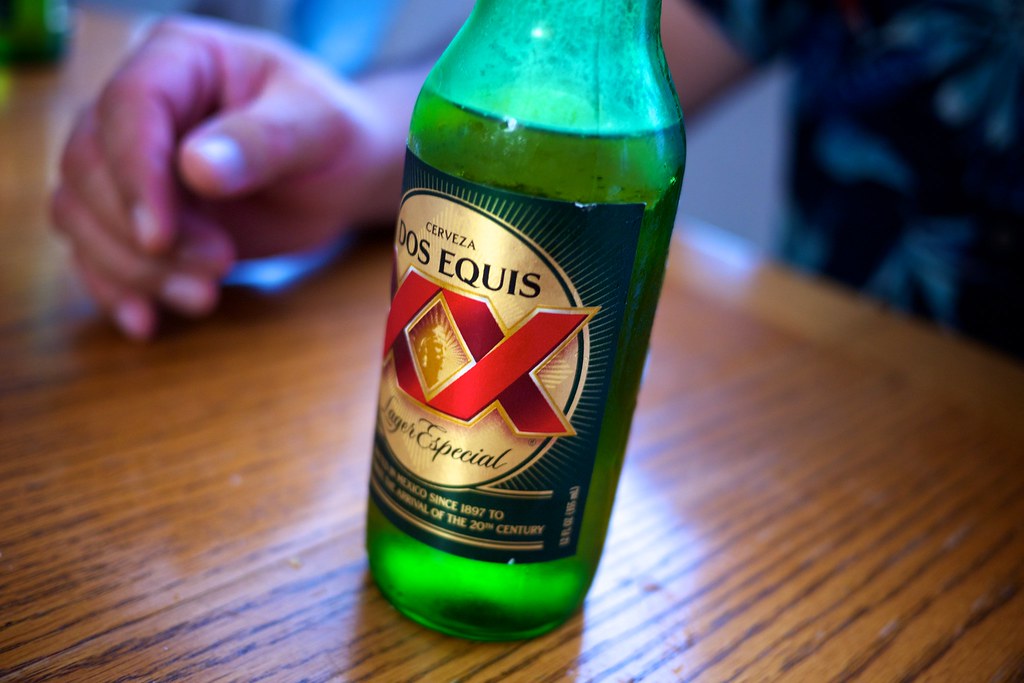
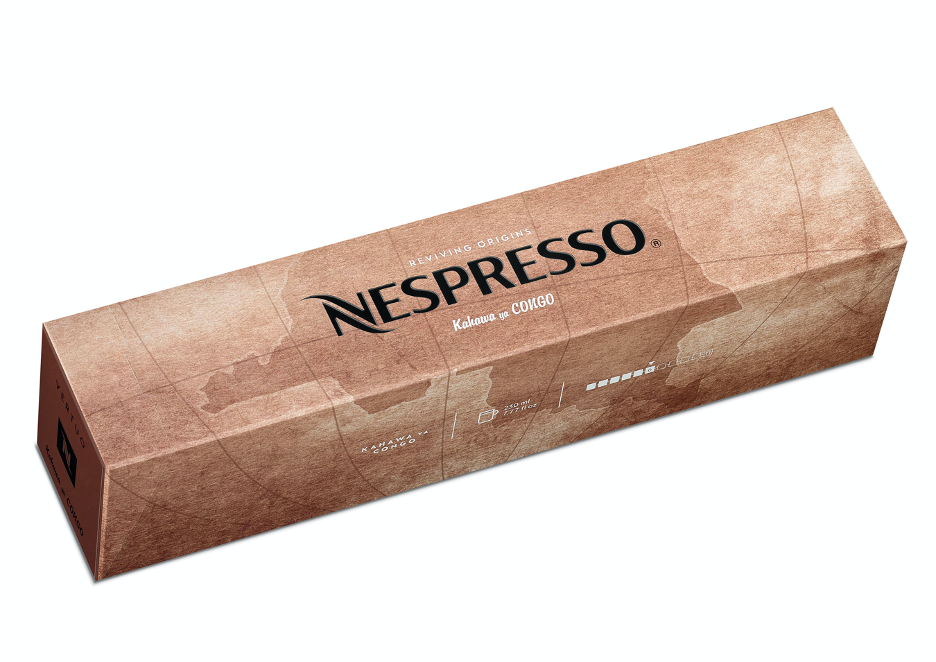

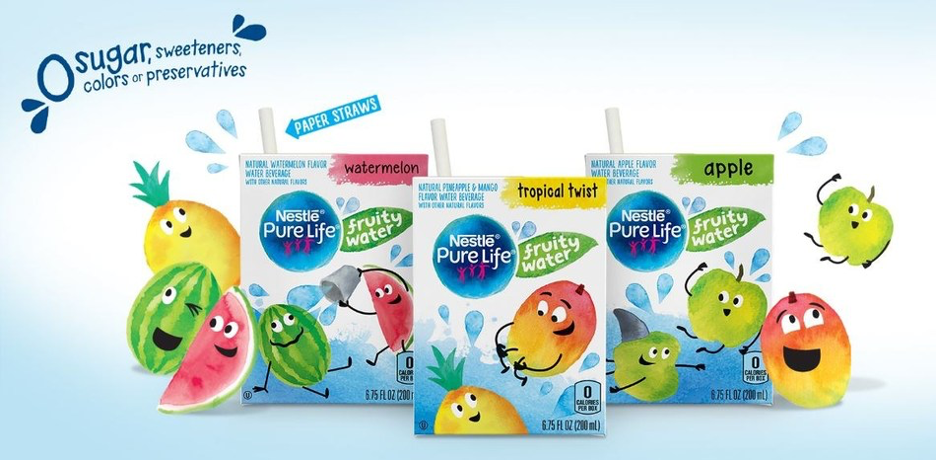



Join or login to leave a comment
JOIN LOGIN